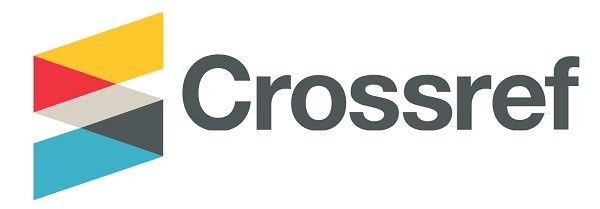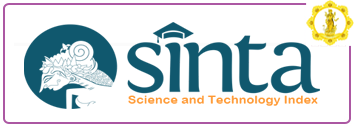Hadapi Tantangan Global, Lembaga Pendidikan Hindu Harus Jadi Gurukula Modern
DOI:
https://doi.org/10.25078/jpm.v3i2.197Keywords:
Vidya, gurukula, educationAbstract
Education is very important factor in building civilization. A civilization or a country will advance rapidly when its education system give such a great contributions to the development of Human Resources. The advancement of a nation is determined by the extent of the educational institution which has succeeded in building its human being into a superior human being, in order to be a dignified world citizen. Hindu civilization greatly emphasizes the importance of education. In the history of Sanatana Dharma, education gets an enormous portion along with the building of the concept of gurukula, where teachers and sisya are live together in an educational institution. Moreover, when the West has not found an established educational system, India has built the world's earliest university Thaksashila or Taxila with a highly developed teaching system. But the progress of civilization in the past has not always been well inherited in the next era. Currently, Hindus especially in Indonesia are faced with Hindu-based education that is able to answer global challenges. Not only prosecuted to build superior human resources, but educational institutions are required to mastered technology as a global phenomenon. Hindu educational institutions were requested to be capable for becoming a modern gurukula as well as capable for realizing superior human resources.
Downloads
References
Apte, D.G., 1949. Universities in Ancient India. Baroda : Fakulty of Education and Psychology Maharaja Sayajirai University of Baroda.
Baktisvarupa Damodara Svami, 2004. Vedanta dan Sains. P.T. Cintya: Denpasar.
Bose, A.C., 2000. Panggilan Veda (The Call Of The Vedas). Penterjemah I Wayan Maswinara. Surabaya : Paramita.
BPS. 2014. Indeks Pembangunan Manusia 2014 Metode Baru. Jakarta : Badan Pusat Statistik. Katalog BPS 4102002
Donder, I Ketut, 2007. Kosmologi Hindu Penciptaan, Pemeliharaan dan Peleburan serta Penciptaan Kembali Alam Semesta. Surabaya : Paramita
Klostermaier, Klaus K. 1990. A Survey of Hinduism. New Delhi, India: Munshiram Manoharlal.
Machwe, Prabhakar. 2000. Konstribusi Hindu terhadap Ilmu Pengetahuan dan Peradaban. Denpasar : Widya Dharma.
Maharaja, Sripada Bhaktisvarupa Damodara, 2003. Bhagavata Sevarpanam A Glipse of the Relationship between a Discipline and the spiritual Master in the Tradition of Bhagavata Culture. Kolkata : University of Bhagavata Culture Press.
Marshall, John., 1918. A Guide to Taxila. Calcutta : Superintendent Government Printing India.
Prabhupada, Sri Srimad A.C. Bhaktivedanta Svami, 1972. Bhagavad-gita Menurut Aslinya. ISKCON: Hanoman Sakti Di Bawah Lisensi The Book trust International,Inc
Prabhupada, Sri Srimad A.C. Bhaktivedanta Svami, 1982. Ajaran Abadi Upadesamrta.P.T Pustaka: Jakarta
Prabhupada, Sri Srimad A.C. Bhaktivedanta Svami, 1982. Raja Vidya Raja Pengetahuan. P.T. Vika Press
Saraswati, Sri Chandrasekharendra, 2009. Peta Jalan Veda. Judul Asli The Vedas. Penerjemah Hira Ghindwani dan Ni Putu Anggia Jenny. Jakarta : Media Hindu
Surpi, Ni Kadek., 2014. Konsep dan Implementasi Varnasrama Dharma menurut Kitab-Kitab Purana. Hasil Penelitian. IHDN Denpasar.
Singh, Ranvir., 2005. Veda Abad 21 Vol. I. Surabaya : Paramita.
Swami, Bhakti Vikasa. 2012. Brahmacari dalam Kesadaran Krsna. Denpasar : Yayasan Bhaktivedanta Indonesia.
Tim Penyusun, 2005. Pedoman Penyelenggaraan Pasraman. Surabaya: Paramita.
Titib, I Made, 2004. Purana Sumber Ajaran Komprehensif. Surabaya : Paramita.
Titib, I Made. 2006. Veda, Sabda Suci Pedoman Praktis Kehidupan. Surabaya: Penerbit Paramita.









